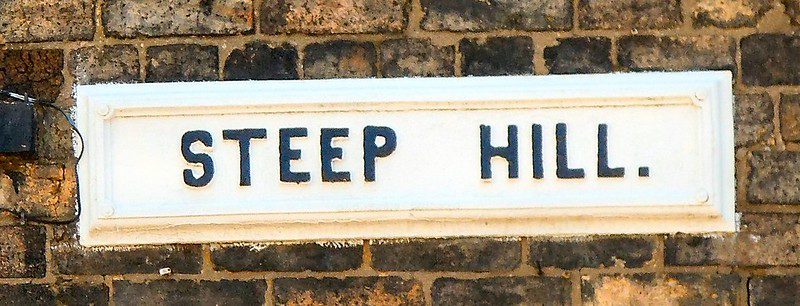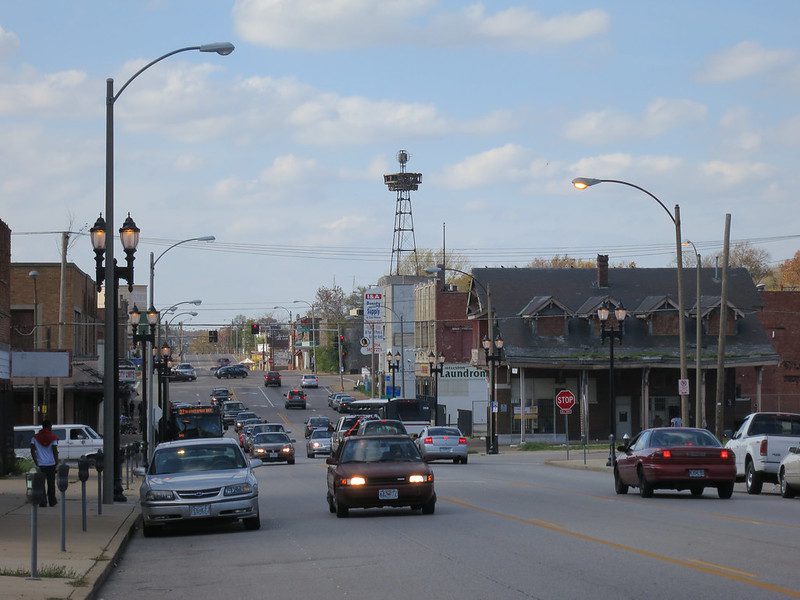Our forthcoming book, Contesting Community, outlines several propositions in the closing chapter that have been put in place in various ways by the organizations we discuss here. The groups act in ways that move organizations in directions that contest the political economy of contemporary capitalism and related relations of domination. We offer these not as rules per se, but as a way to reinforce and extend lessons that have been learned from practical experience.
Lesson #1: Groups should properly understand “the community” and its real lim- its and potential. Although we are critical about how “community” has been used and shaped in the contemporary context, we are not dismissive of its potential to be part of a larger movement for social change.
Lesson #2: Organizing in communities provides the possibility of building a strong base for social change action, but it is not just about local communities. Alliances and linkages need to be made in order to challenge the power of governments and private capital.
Lesson #3: Power and conflict need to be central to any analysis of the forces that shape daily life and should be the basis of any movement for social change. As was stated earlier, this is in contrast to the mainstream approaches.
Lesson #4: Community organizations need movements to push their agendas, while movements need the local work to recruit and build participation from wider sectors of the society. There has often been a split between local community organizing and wider movements for social and economic justice. To build strength both are vital.
Lesson #5: We need to move beyond the narrow issue-by-issue focus of most organizing and build a deeper critical analysis and a tradition of popular education to help participants in local work understand the underpinnings of the system, the long-term nature of the struggle, and the connections between issues.




Comments